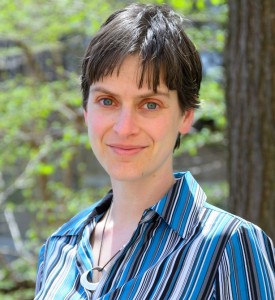FEATURES
Reconciling a house divided
 Little research has been conducted on understanding estrangement and reconciliation in families. Karl Pillemer's forthcoming book, Fault Lines: Fractured Families and How to Mend Them, fills this void and is based on 10 years of his research from the Cornell Family Reconciliation Project.
Little research has been conducted on understanding estrangement and reconciliation in families. Karl Pillemer's forthcoming book, Fault Lines: Fractured Families and How to Mend Them, fills this void and is based on 10 years of his research from the Cornell Family Reconciliation Project.
Connecting Intelligence and Creativity to Improve Education

Robert Sternberg, professor of human development, discusses the intersection of his research on intelligence and creativity and its importance to education in an illuminating interview.
HD Honors the Academic Achievements of the 2020 Graduates
 Although Commencement exercises for the Cornell Class of 2020 were canceled to prevent the spread of COVID-19, the Department of Human Development honored the academic achievements of this year's outstanding students with its highest awards.
Although Commencement exercises for the Cornell Class of 2020 were canceled to prevent the spread of COVID-19, the Department of Human Development honored the academic achievements of this year's outstanding students with its highest awards.
Zoom is a new tool in the researcher's toolkit
 Deanna Kocher, a graduate student in Tamar Kushnir's Early Childhood Cognition Lab, explains in a Cornell Sun article how the lab has been using Zoom to study how children interact with virtual robots.
Deanna Kocher, a graduate student in Tamar Kushnir's Early Childhood Cognition Lab, explains in a Cornell Sun article how the lab has been using Zoom to study how children interact with virtual robots.
Aging Differences in Decision Making May Contribute to Health Vulnerabilities
 Corinna Loeckenhoff's research on decision making and lifestyle in older adults point to additional factors that contribute to health disparities and economic vulnerabilities. She discusses these factors in an article that appeared in The New York Times.
Corinna Loeckenhoff's research on decision making and lifestyle in older adults point to additional factors that contribute to health disparities and economic vulnerabilities. She discusses these factors in an article that appeared in The New York Times.


 Discover recently added resources, including podcasts of interviews with HD faculty from HD Today e-NEWS Listen Notes
Discover recently added resources, including podcasts of interviews with HD faculty from HD Today e-NEWS Listen Notes 